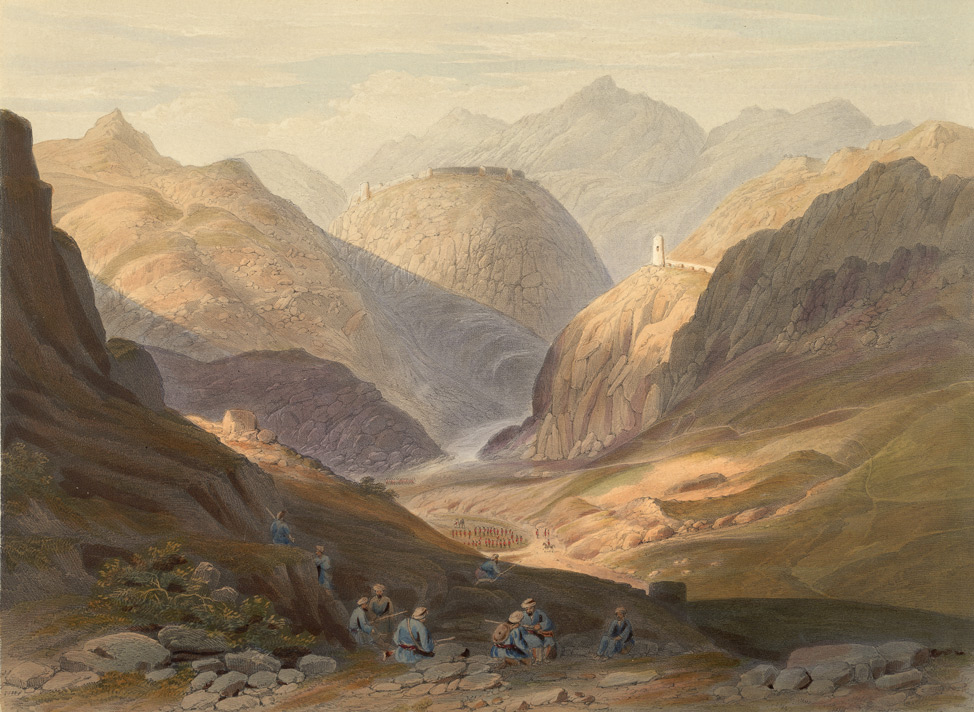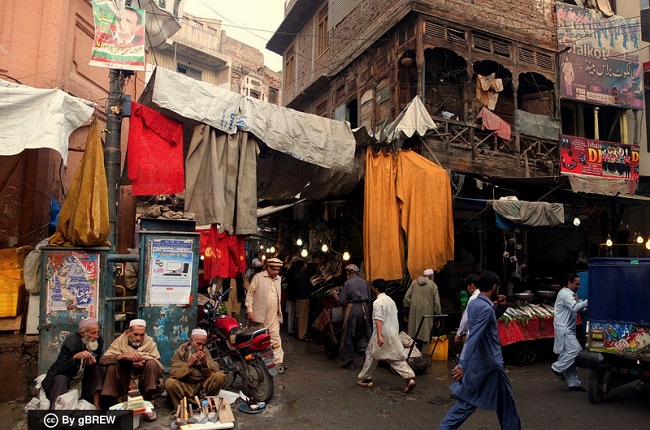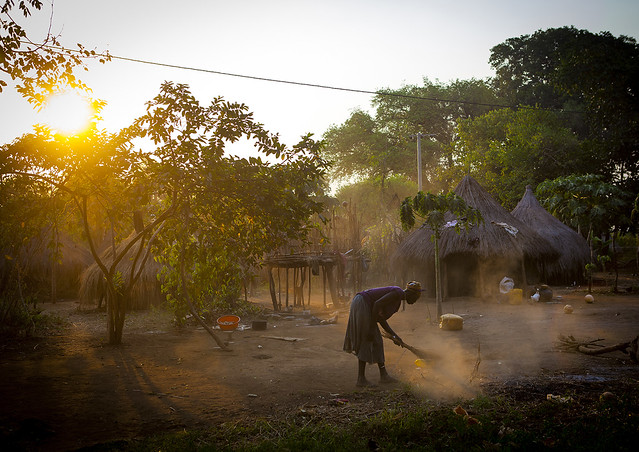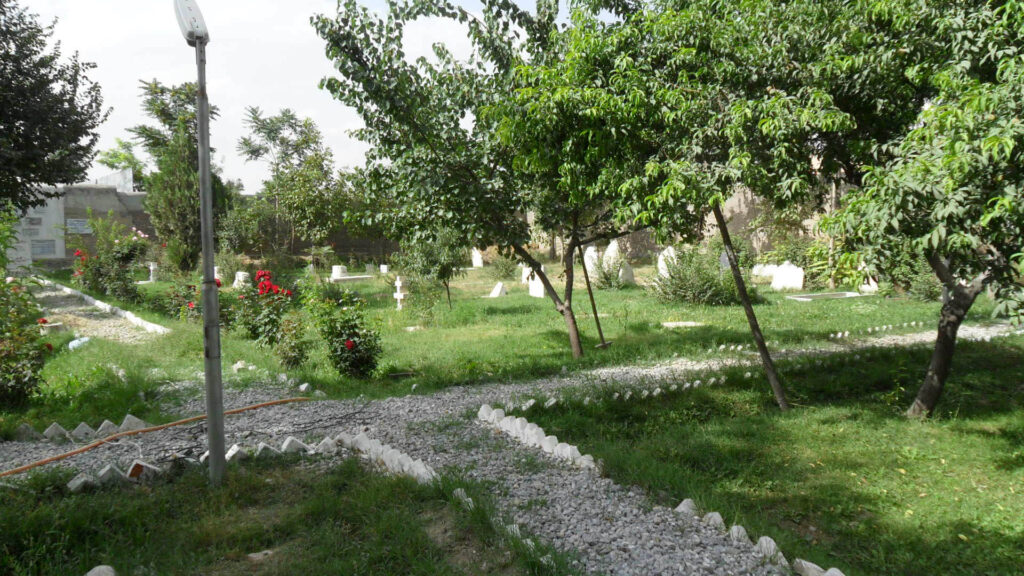High in the Maluti mountains of southern Africa, there is a pass for ponies and trekkers called ‘Molimo O Nthuse’ (God help me!), the prayer of mountain travelers everywhere. Thin air, vagaries of sleet and snow, rude slopes, snake-like footpaths, solitude; all can conspire with lethal effect. Prayer is sometimes the traveler’s only recourse. Such passes dot the Himalayan arc, some foot routes nearing 20,000 ft. What may be the highest motorable mountain pass is Mana La* on the China-India border at 18,478 ft. (5,632 m). A manic band of motorcyclists has made this rarified point, ascended only seasonally and by gravel road, a matter of pride and prowess.
But the Khyber Pass wins no laurels when it comes to altitude. It checks in at a modest 3,510 ft. (1,070 m). That’s what makes it so useful. It permits passage to the Indian subcontinent or west towards Persia/Iran with only a modicum of effort. But let no one have illusions about its perils which are not natural, so much as human. The Pashtun tribes have long possessed this choke point on the Silk Road as a valuable asset. Even today, that narrow mountain defile lies in the shadow of the rifle. It still rightfully elicits the traveler’s prayer, ‘God, help me.’

A narrow gauge, colonial-era railway parallels the approach road to the Khyber, though now crippled from frequent washouts. All around stand the reds, the purples, the yellows of mountain palisades cast against azure sky. Lines of diesel lorries (trucks) wait at the border for clearance to proceed even as Pathan tribesmen with swagger, full beards and moustaches, stride the grounds. On overlooks, the ruins of ancient gun emplacements and forts gaze down on the scene, while plaques from colonial times mark skirmishes for control of this prime real estate.
Having crossed into Afghanistan at the Torkham border post, our caravan began the hairpin descent bringing us to Jalalabad, at that time a modest crossroads town, where we ran out of fuel and, given it was a Sunday, we passed from one small shop to another seeking anyone who would exchange our dollars for afghanis. But our greenbacks were examined suspiciously and finally handed back until one trader agreed, ‘out of compassion for hardluck travelers’, to change our money but, at a usurious rate. No matter. With fuel in our tank, we set out in hope of reaching Kabul by nightfall.
At Surobi, a brand new hard top highway stretched away to the west, toward Kabul. An apparently well-connected Afghan in a Fiat Spider convertible volunteered that the new highway was not yet open to regular traffic, but that he could arrange for us to pass since the old road to Kabul was a sketchy gravel route. On the wave of his promising hand, we set out gratefully, but came eventually to an iron gate with an outsized padlock. The guard informed us he could not let us pass, even at the word of a honcho in a sporty convertible, but that the German engineer would come at 8 AM, and he might let us through. We bivouacked that mountain night, beneath mountain stars, blanketed by a grand mountain silence, as we found ourselves whispering the mountain traveler’s prayer, ‘God help us.’
*The ‘La’ element of such place names is Tibetan for ‘pass’. Which offers insight to that place of Western fantasy, Shangrila, or, broken down to its parts, ‘Shang’, ‘ri’ (mountain), ‘la’ (pass). That utopia, then, is not properly a valley of peace and happiness at all, but rather a doorway of access to a promise that lies beyond.



Leave a Reply